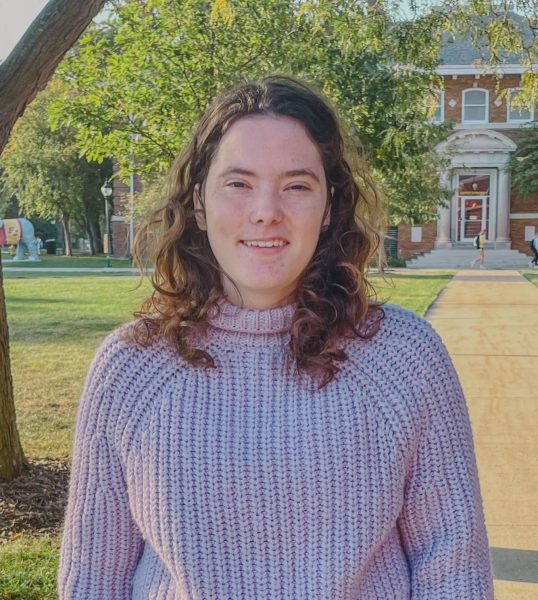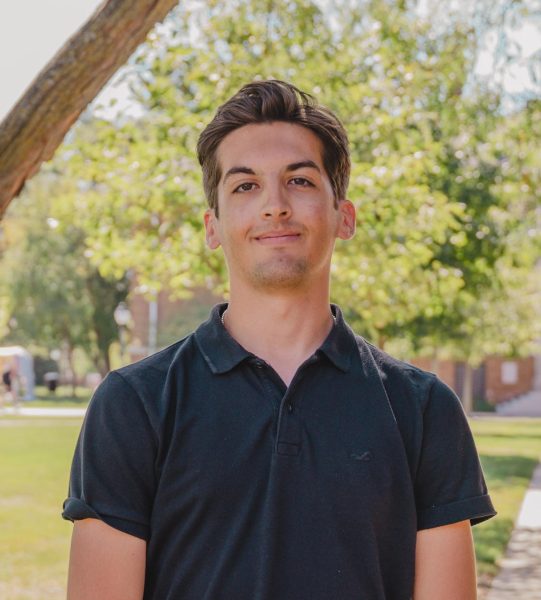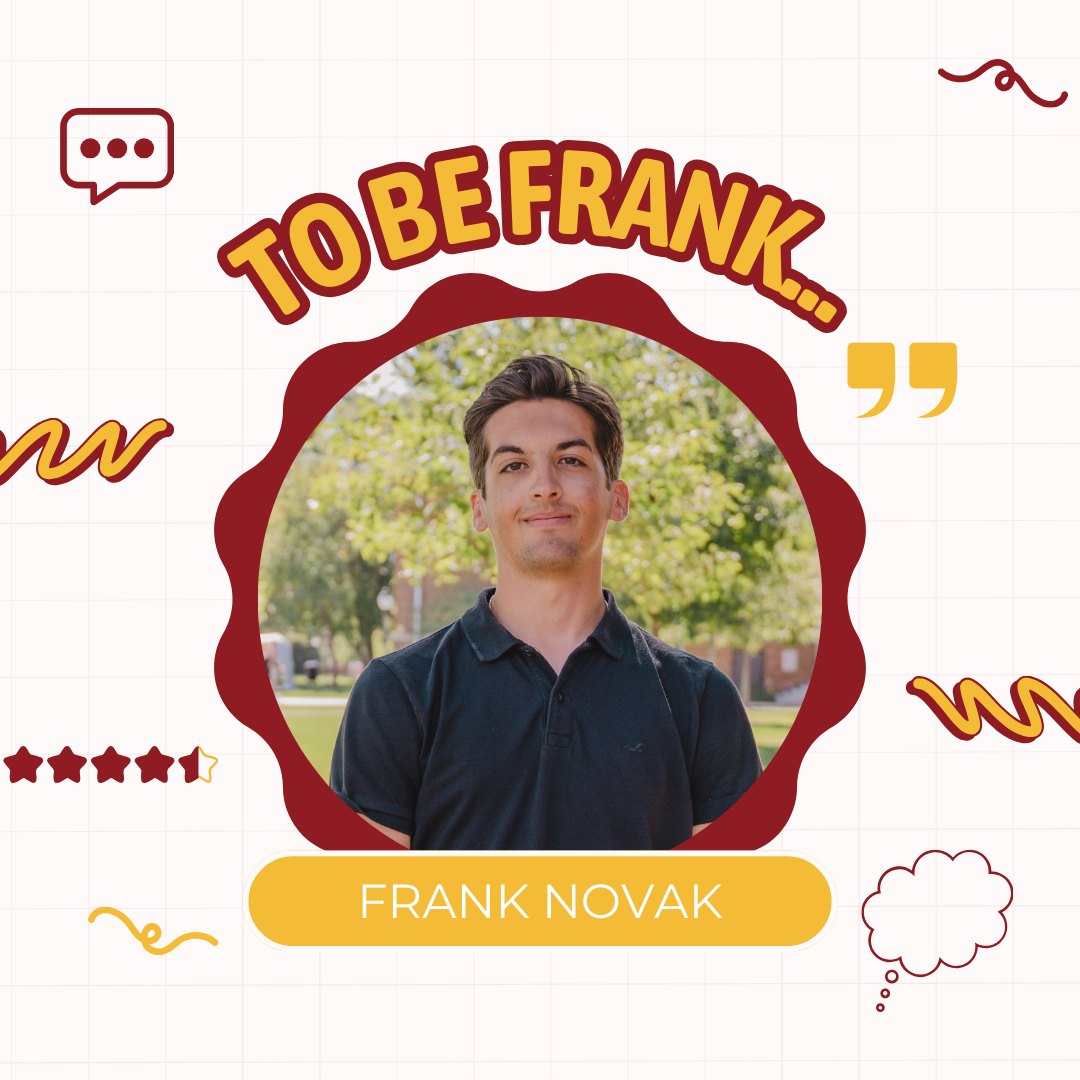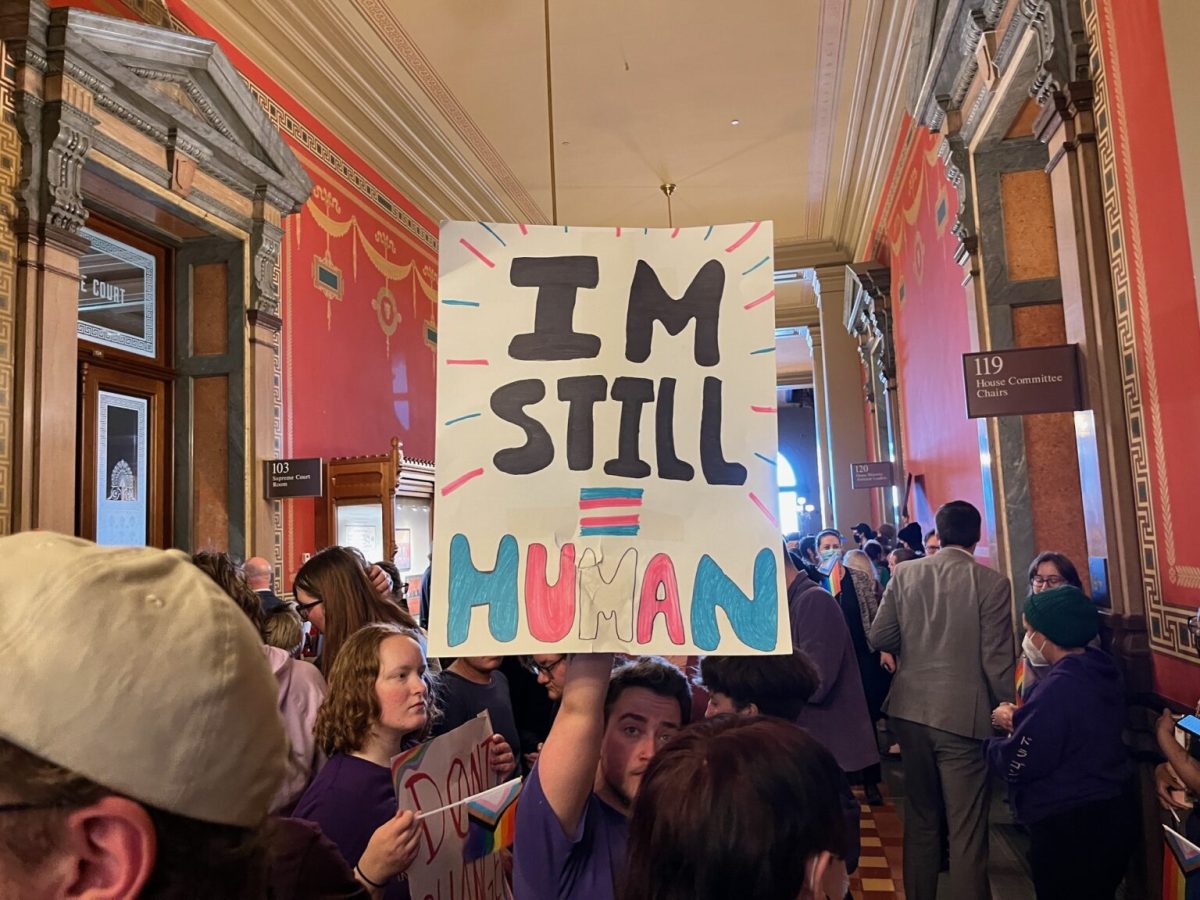The public needs to be more respectful of celebrities and start treating them like humans.
Currently, celebrities are seen as jesters whose sole responsibility is to entertain the public. They become commodities instead of people, giving the public the perception that they can do whatever they want to them.
As a result, many fans resort to stalking, physical assault and both online and in-person harassment. They act entitled to a photo or conversation and get angry when celebrities tell them no. Just because they know this person online and have a strong parasocial relationship with them, they feel like that person owes them their time and attention.
There are plenty of examples of this. Actress Tia Mowry described a pair of twins who followed her and her twin sister, Tamera, around for days and even gave them engagement rings as an act of “affection.”
It can result in physical assault as well. Insecure star Jay Ellis posted on X, formerly known as Twitter, that a fan slapped him in the face at an airport because his character did something in the show she did not like. She could not separate fiction from reality and harmed a real person for something their character did.
Similarly, Billboard reported that singers like Taylor Swift and Billie Eilish have even been grabbed or forcibly kissed during a performance.
This behavior is particularly harmful to members of the LGBTQ+ community, such as for actor, Kit Connor, who played a bisexual character in the show Heartstopper. Since Connor had not publicly stated his sexuality, fans assumed he was straight and harassed him online for “queerbaiting.”
Eventually, Connor came out as bi on X to appease fans: “I’m bi. Congrats for forcing an 18-year-old to out himself. I think some of you missed the point of [Heartstopper]. Bye.”
Afterward, he deleted his X account.
The behavior these celebrities experience is so normalized that they face harsh criticism for calling it out.
Singer Chappell Roan posted a TikTok asking viewers if they would treat random people the way they treat celebrities.
“If you saw a random woman on the street, would you yell at her from the car window?… Would you stalk her family? Would you follow her around? Would you try to dissect her life and bully her online?” Roan said.
These completely valid questions led to extreme backlash online. Buzzfeed cited an example of a meme with 27,000 likes that showed Beyonce in the movie, Obsessed, beating a woman up with the caption: “Hii can I get a picture,” implying that Roan would resort to physical violence because someone asked her for a photo.
Roan never demonstrated any physical aggression or gave the impression that she was going to beat people up; she simply addressed harmful fan behavior and voiced real concerns about how fans treat celebrities.
Additionally, fans hold their idols to an unrealistic standard for their behavior. Fans will dig up posts from years ago and then attempt to get the celebrity cancelled as a result. Many celebrities report experiencing death threats or had people surround their houses because of these posts. Obviously, public figures need to be held accountable for their actions, and if they do something absolutely vile, they should have consequences for these actions.
For clarification, politely criticizing someone to stop them from harming more people is completely fine. For example, a fan sent a polite private message to YouTuber Danny Gonzalez pointing out that a comment he made in a video was inappropriate. He posted a video apologizing, which seemed genuine, and donated money to an organization advocating for the demographic he harmed. This interaction was beneficial, educational and focused on actually addressing the issue.
However, digging through years of posts to find something problematic is entirely unnecessary, obsessive and ineffective at making real change. If a celebrity has demonstrated a pattern of problematic actions, they should be held responsible, but one Tweet from ten years ago should not lead to a public attack on someone.
Fan behavior from online harassment to stalking is way too normalized, and it needs to stop. Even though someone is a public figure, it does not mean they are any less human. Chappell Roan was right and it is time to listen to her.
Celebrities are humans too
by Maggie Fitzpatrick, KSTM Station Manager
November 20, 2024
0
More to Discover
About the Contributors

Maggie Fitzpatrick, KSTM Station Manager

Frank Novak, Photo Editor









